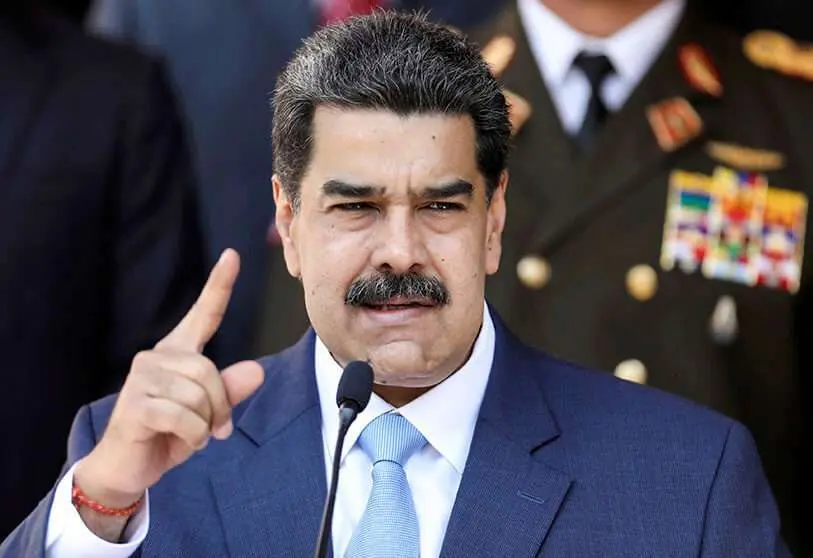Elections without credibility

The holding of elections is the culmination of the process of exercising the democratic system with the free participation of citizens to elect their representatives. But for elections to be valid and credible, they must fulfil all the conditions required by the process in terms of the participation of all those who wish to do so in compliance with the corresponding rules, equal opportunities during the election campaign in terms of access to the public media and respect for the results of a consultation without hindrance, dirty tricks or fraud.
These are truisms that, in Spain, in Europe, are usually respected. Unfortunately, however, in Latin American countries, the minimum conditions for making elections a basic element of the legitimate political dispute to come to power and administer the interests of citizens are not met.
This happened a few days ago in Nicaragua, where seven opposition leaders were imprisoned so that they could not take part in the presidential elections that Daniel Ortega and his wife, Rosario Murillo, once again claimed for themselves. An absolutely unacceptable situation with an authoritarian presidentialist regime that does not respect the most elementary democratic rules.
This happened in Venezuela during the last presidential elections, with the most prominent opposition leaders and parties disqualified from taking part in the elections. The results have not been recognised by the international community, but as in the case of Nicaragua, the Chavista regime, led by Nicolás Maduro, remains in power. It is now holding regional and local elections thanks to negotiations in Mexico between the regime and some opposition parties, but with other opposition leaders and parties excluded by the Maduro-run Electoral Council.
Elections without credibility and unworthy of being called elections. They are farces where people vote as they did during Franco's regime in Spain or as the Catalan pro-independence supporters tried to do, but under totally fraudulent conditions.
Democracy is not about voting, it is about complying with the rule of law, fundamental freedoms, separation of powers, equal opportunities for political forces and respect for freedom of expression and information for the media and citizens. None of this is being fulfilled in Venezuela, however much the former Spanish Prime Minister Rodríguez Zapatero insists on intoxicating the public. Especially when we know about the alleged illegal financing of Podemos by the Chavista regime, which is being investigated, and more importantly, the situation of poverty, hunger, lack of medicine, freedom and security of millions of Venezuelans. In Chile elections are also being held after months of pressure and violence in the streets, with the most extremist options as favourites. Elections without credibility.

